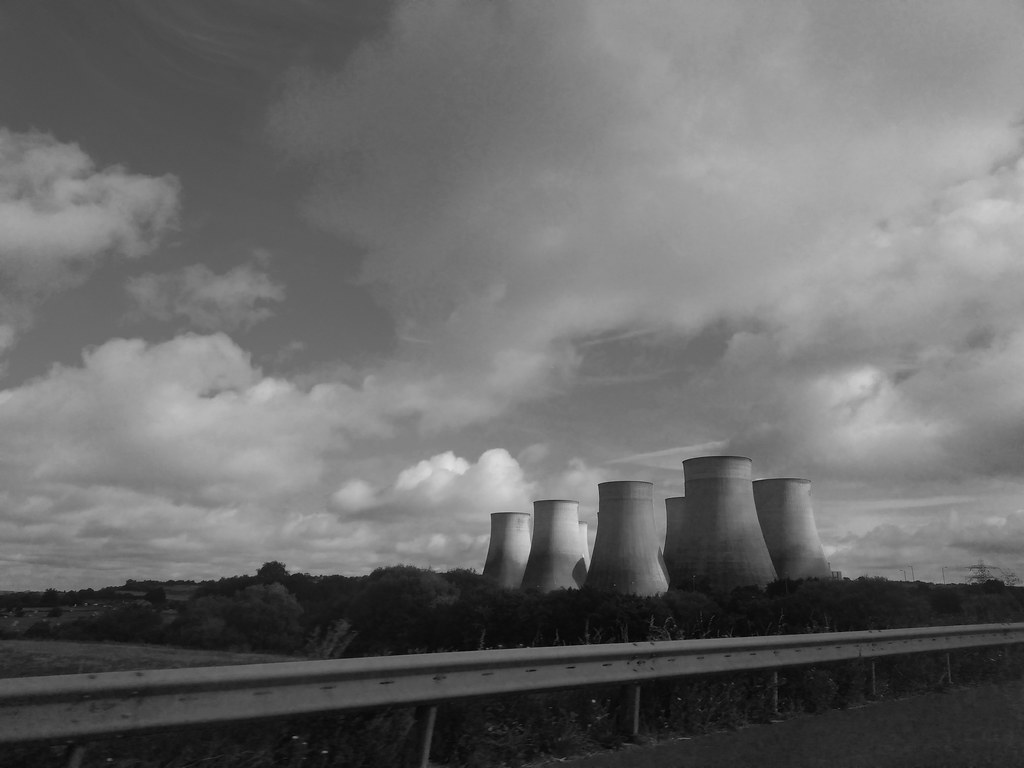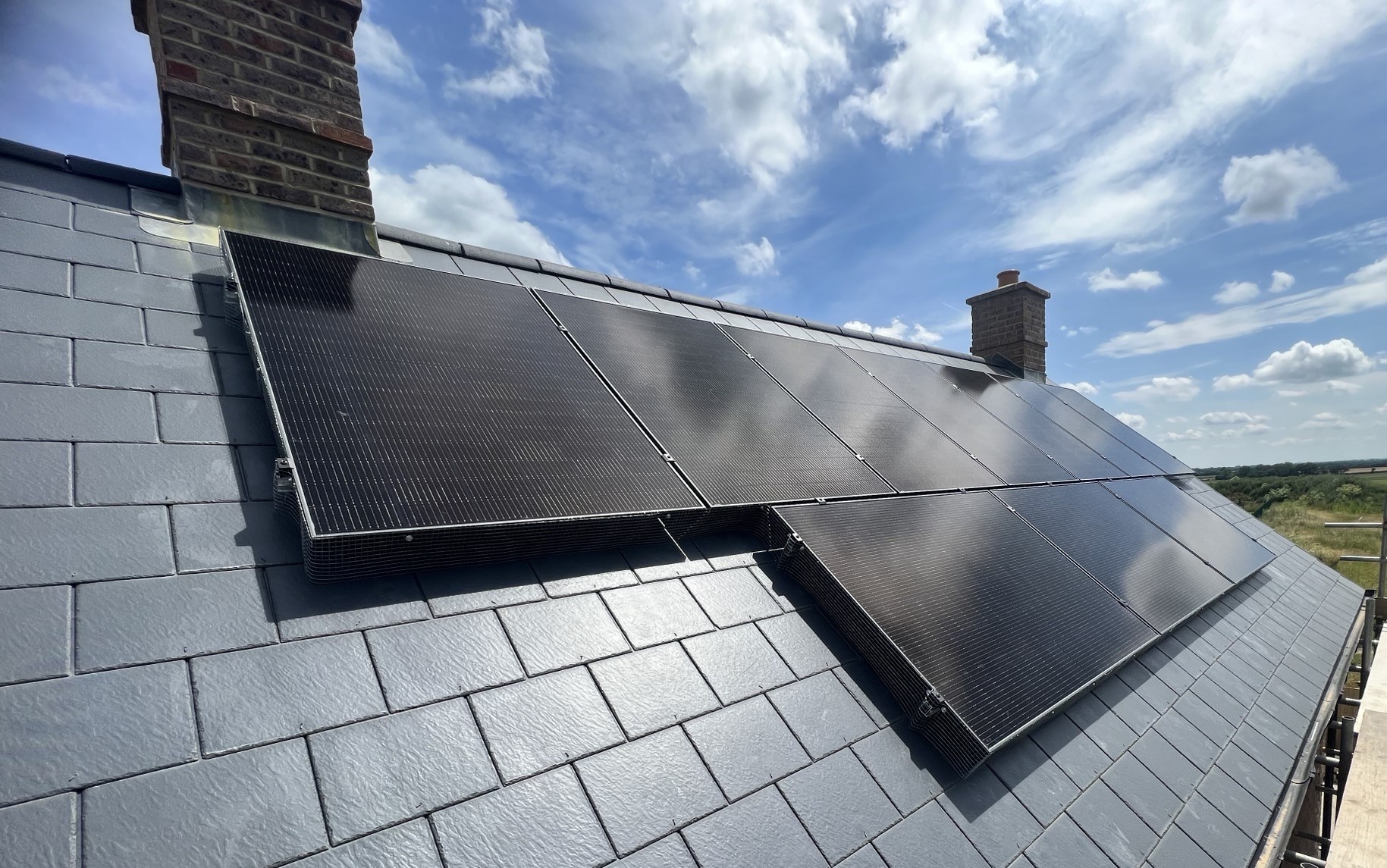This week UK energy production is evolving as the last coal power station closes and ends a major chapter in our energy history. The Ratcliffe-on-Soar power station, pictured above, was commissioned in 1967 and is set to shut down it’s operations in the next few days.
The Decline of Coal
The UK has been heavily reliant on coal for energy production since the world’s first coal-fired power station was built in London in 1882. Over the years coal has generated over a third of the country’s electricity before its decline for cleaner and safer fuels. The closure of this final coal power station in Radcliffe-on-Soar meets the government’s target of ending coal energy generation.
The decline in coal-powered electricity generation comes as clean electricity has hit new highs. In 2023, zero-carbon power sources provided 51% of the electricity used in the UK compared to gas at 32% and coal at 1%.
Record breaking year of clean energy
2023 saw several records broken for renewable energy with the highest solar generation record being reached on 20 April 2023 at 10.971GW. There was also a record amount of wind power generation in 2023 with the record being broken twice – first on 10 January 2023 at 21.6GW and the second time on 21 December 2023 at 21.8GW.
This made 2023 the UK’s greenest year on record for electricity generation as the carbon intensity was lower with an average of 149 grams of CO2 per kWh, with the lowest day on 18 September 2023 – at 27 grams of CO2 per kWh.
The future of UK energy
The energy mix in the UK will continue to change and become cleaner, as more renewable energy projects are in the pipeline after the successful round 6 of the Contract for Difference auction completed in September with an increased budget. Over 130 projects that include onshore and offshore wind, solar and tidal energy were given the go-ahead and would generate enough energy to power 11 million homes. 93 of these projects are solar projects and these will represent a 20% increase in solar capacity.
The government are aiming to turbocharge the UK’s goal to deliver clean energy by 2030 with the development of GB Energy, a publicly owned green power company. GB Energy aims to increase energy security, reduce reliance on imported fossil fuels and deliver the UK’s green electricity ambitions. So, we should see even greater investment into renewable energy as well as more development opportunities which will see the UK energy mix change even further.
Image Credit: stevep2008 – Flickr





